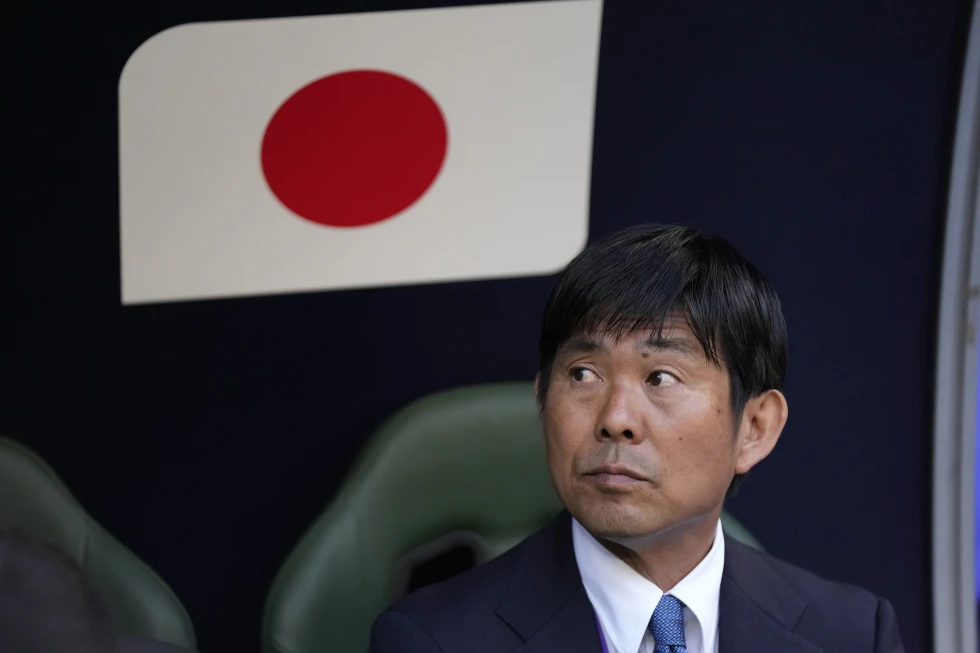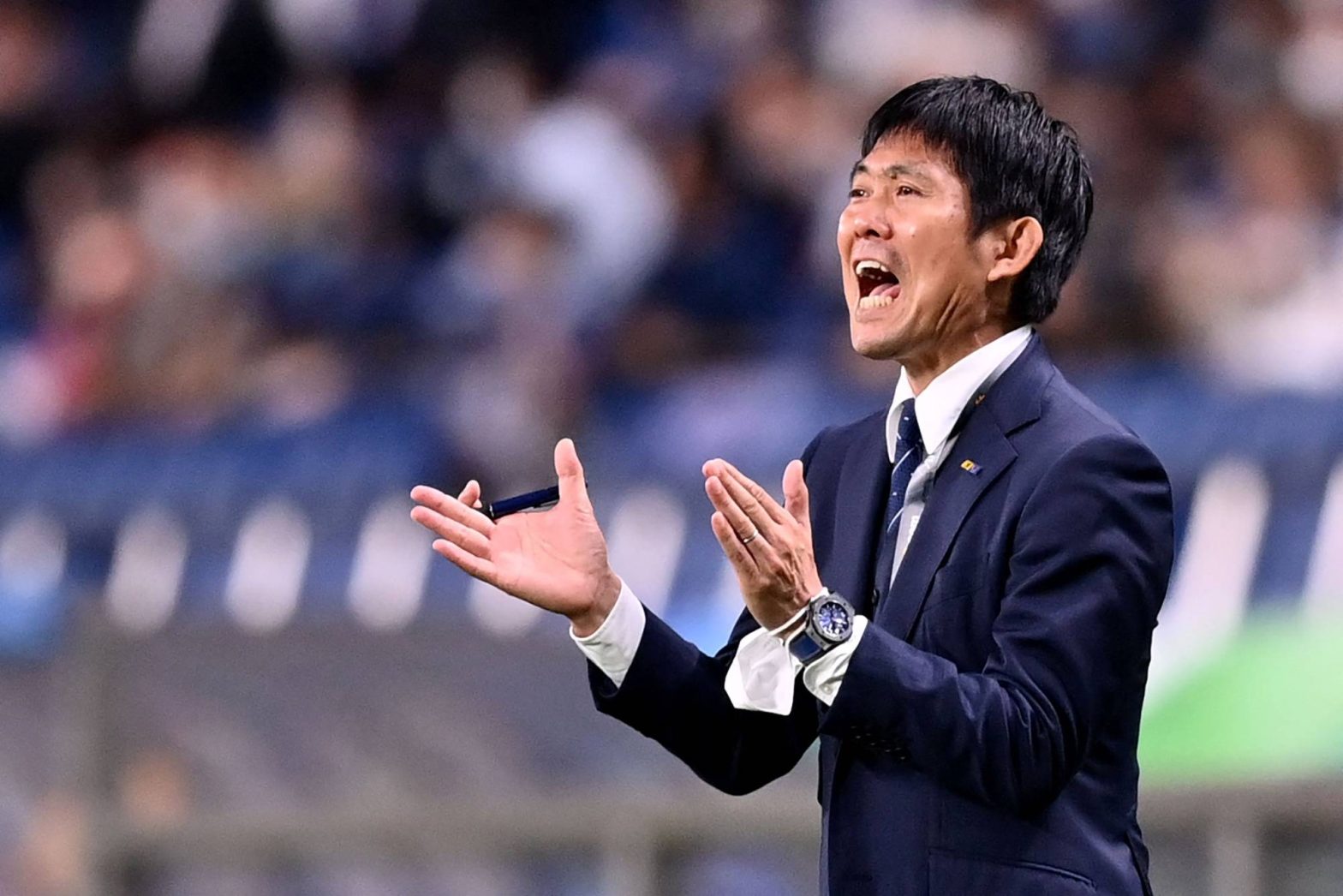Despite holding the top continental ranking and boasting players with extensive international experience, Hajime Moriyasu’s Japanese squad is embarking on a journey into unfamiliar territory with back-to-back World Cup qualifiers against North Korea.
Asian qualifying action resumes Thursday as Japan hosts North Korea in Tokyo. Just five days later, Japan will face North Korea in Pyongyang, playing in front of a potentially hostile crowd of 50,000, primarily composed of North Korean supporters, at the Kim Il Sung Stadium.
The Japan Football Association’s request to relocate the match from Pyongyang to a neutral venue due to concerns over operational transparency, including visa and logistics information, was denied by the Asian Football Confederation.
“There are probably a lot of unexpected things that could happen,” Moriyasu, the Japan coach, acknowledged. “We just need to be prepared.”
Despite recording 10 goals in their opening two matches against Myanmar and Syria in the second round of Asian qualifying, Japan faces a challenging task against North Korea. Consecutive victories over North Korea, who suffered a 1-0 loss to Syria before bouncing back with a 6-1 win over Myanmar, could secure Japan’s progression to the third round as one of the top two teams in Group B.
However, Japan’s national men’s team hasn’t played in Pyongyang since a 2011 defeat to North Korea in the qualifying stages for the 2014 World Cup.
The last men’s international match held in Pyongyang was in 2019, when the visiting South Korea team raised concerns about a lack of communication with the outside world and an overly physical approach from the host team.

Moriyasu opted not to include forward Junya Ito in the squad. Ito has been under investigation by police after being accused of sexual assault in Osaka last year. Moriyasu expressed concerns about the environment in Japan for Ito and the team’s ability to focus on football amidst the controversy.
Meanwhile, South Korea, aiming for an 11th consecutive World Cup appearance, faces its own challenges. Following an upset loss to Jordan in the Asian Cup semifinal, which led to the dismissal of head coach Jurgen Klinsmann, reports emerged of a scuffle between star players Son Heung-min and Lee Kang-in during the tournament.
Interim coach Hwang Sun-hong has selected both players for his first game in charge against Thailand in Seoul, emphasizing the need for accountability and reconciliation within the team.
Elsewhere in Asian qualifying, reigning Asian Cup champion Qatar is determined to secure a World Cup spot via qualifying, having previously qualified as the host nation. Australia and Saudi Arabia also sit atop their respective groups with six points each, eyeing progression to the next round of qualifying.
With Asia’s automatic World Cup allocation increasing to eight spots for 2026, the stakes are high for teams across the continent as they strive to secure their place on the global stage.
